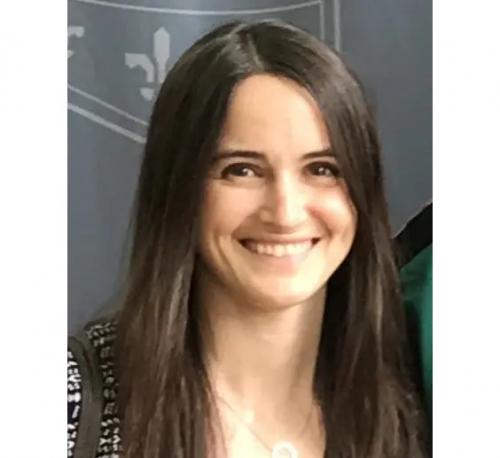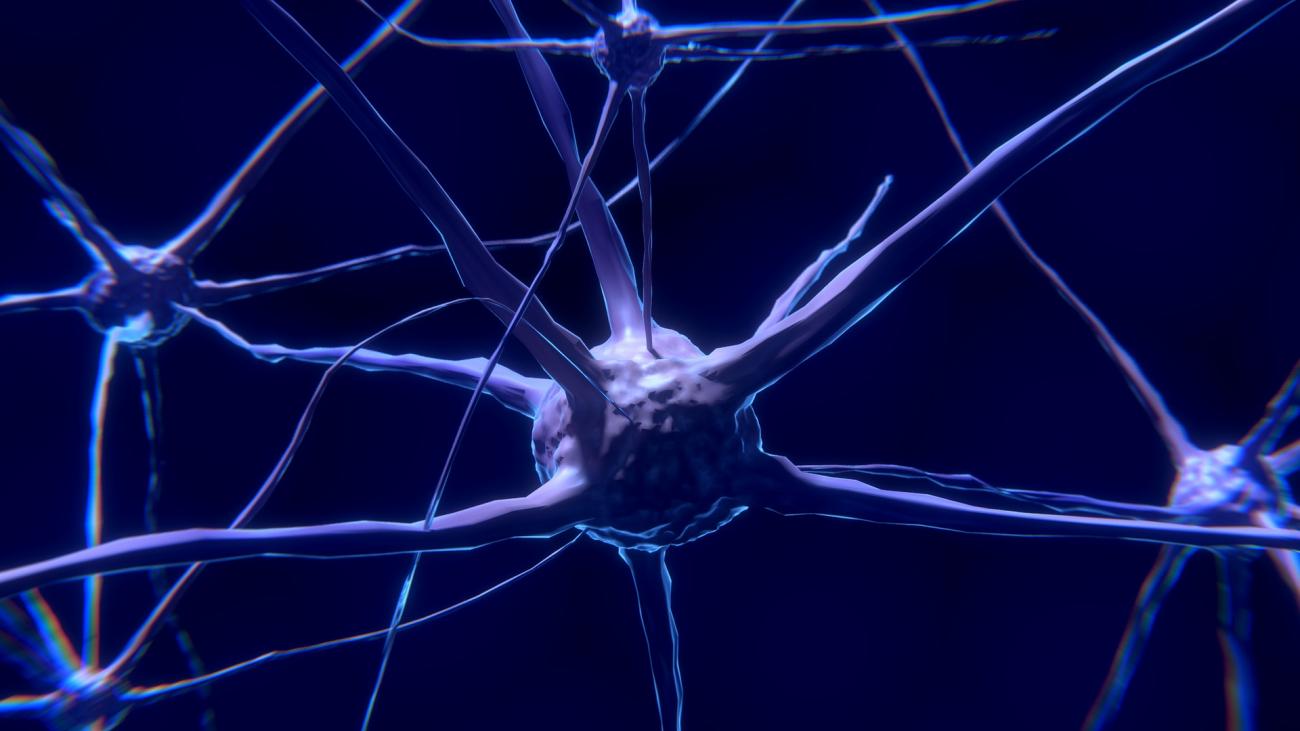"Idiosynchrony": Using naturalistic stimuli to draw out individual differences in brain and behavior
While neuroimaging studies typically collapse data across individuals, understanding how brain function varies across people is critical for both basic scientific progress and translational applications. My work has shown that whole-brain functional connectivity patterns serve as a “fingerprint” that can identify individuals and predict trait-level behaviors. Although we can detect these fingerprints while people are resting and performing various traditional cognitive tasks, manipulating brain state using naturalistic paradigms—e.g., movie watching, story listening—can enhance aspects of these patterns that are most relevant to behavior. I will also discuss extensions to the inter-subject correlation (ISC) framework that can model not only shared responses, but also individual variability in neural responses to naturalistic stimuli.
Dr. Emily Finn is an Assistant Professor at Dartmouth College.
NACS Seminars are free and open to the public.




